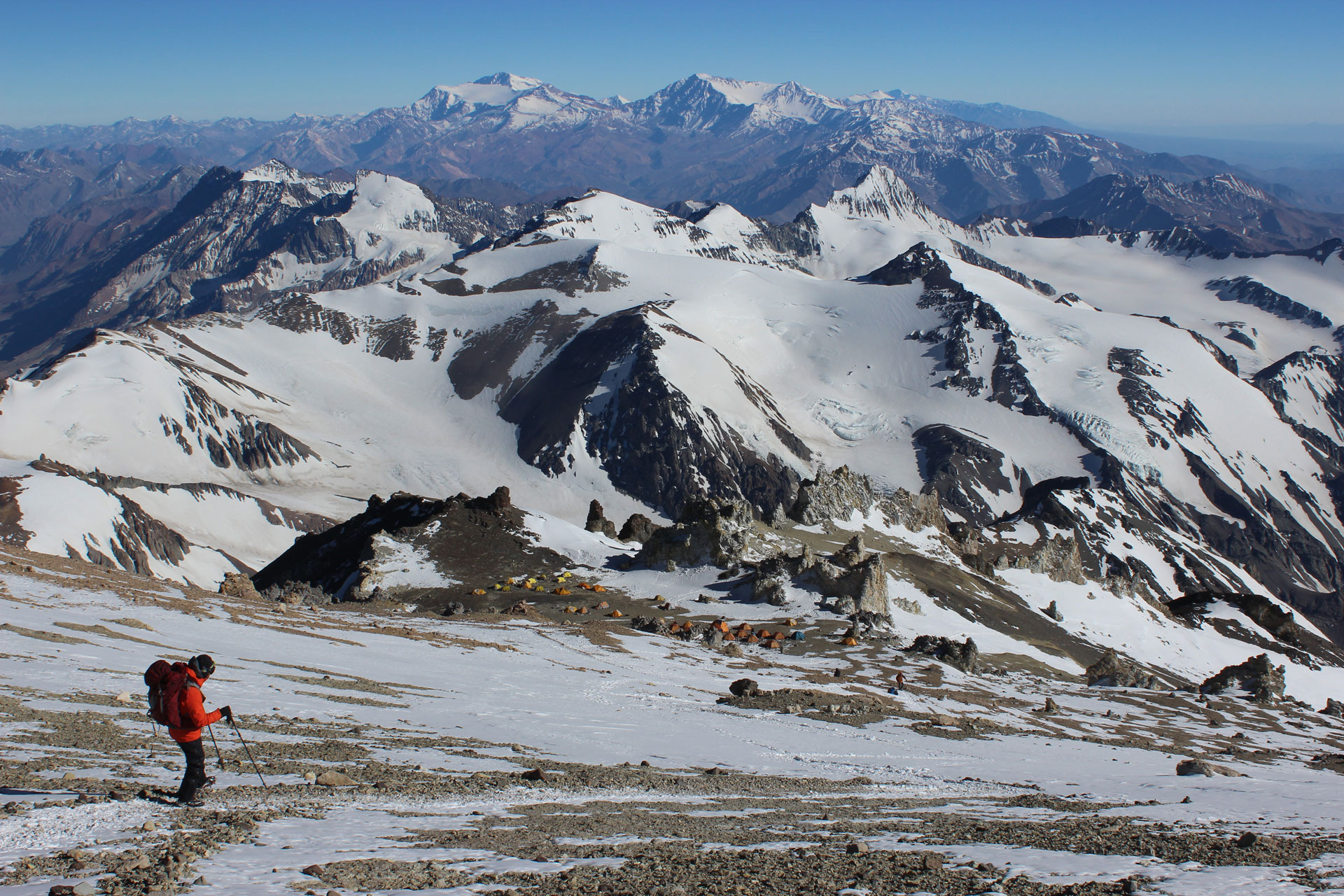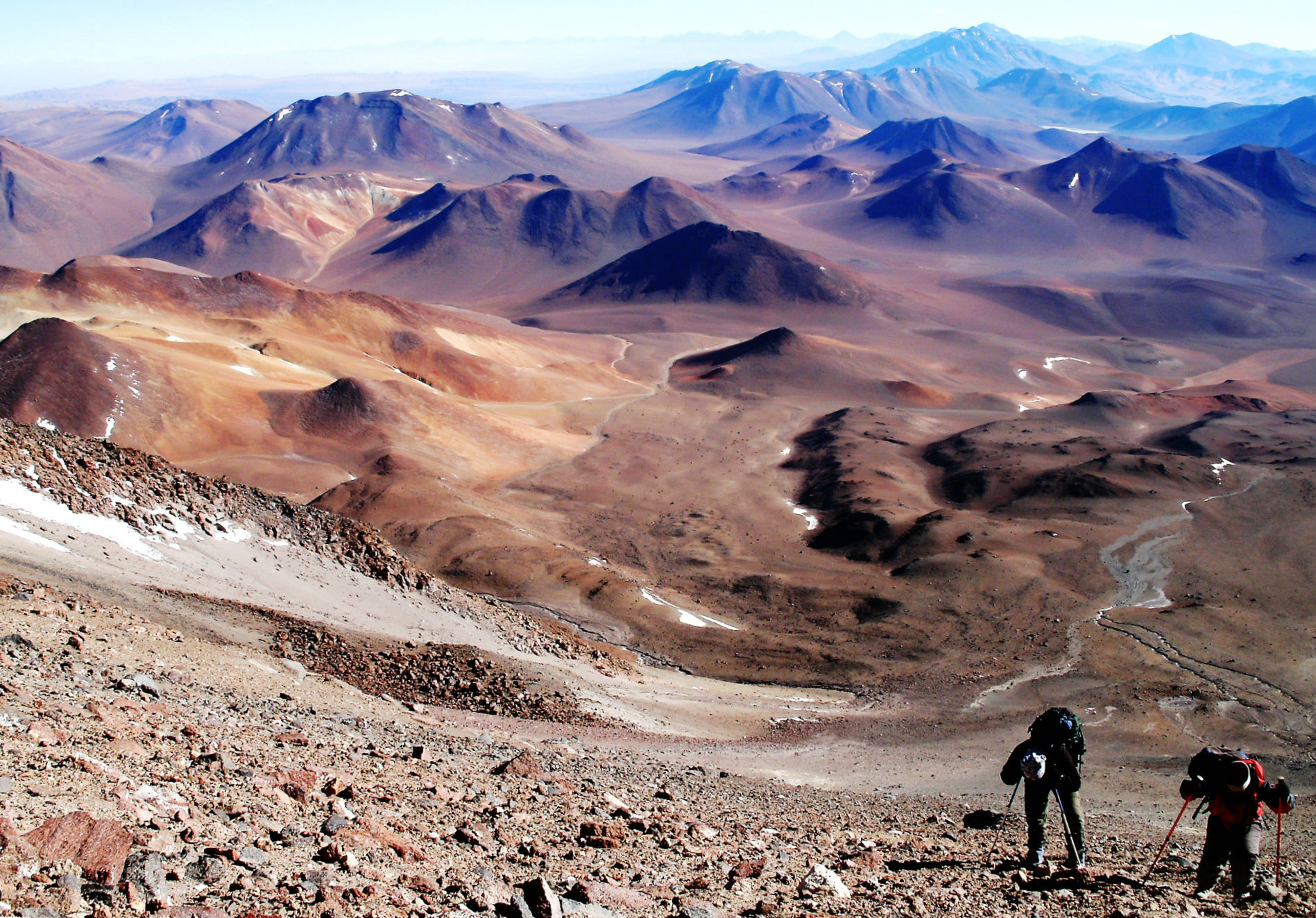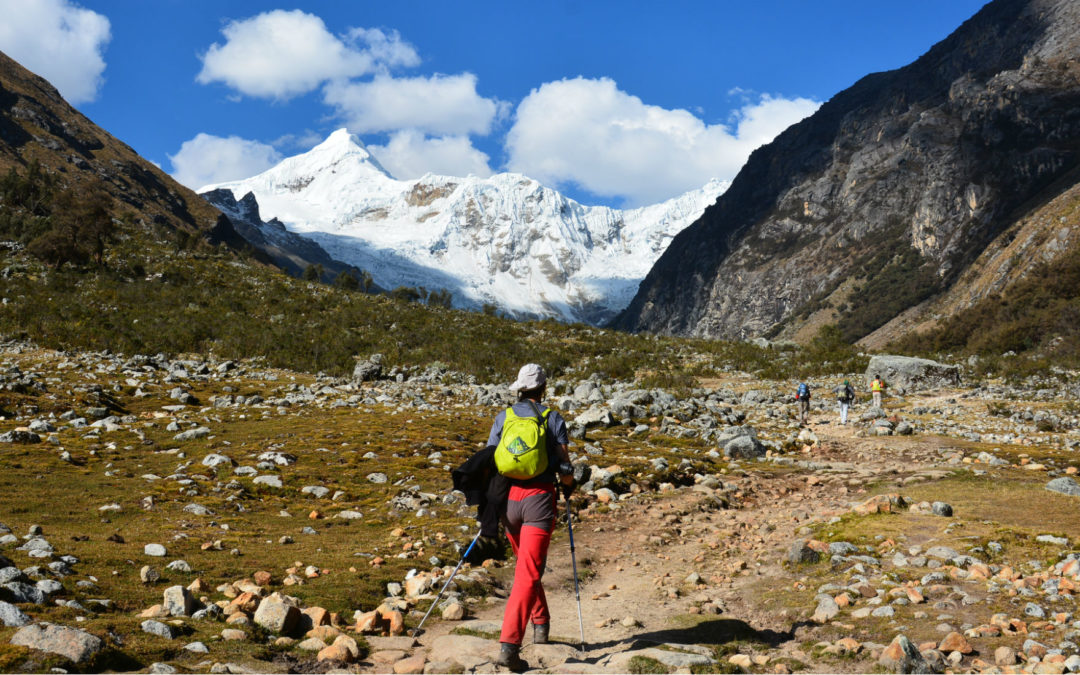THERE CAN BE NO IMPOSTERS IN THE MOUNTAIN. IT ALWAYS DISCOVERS THEM.
- Have you ever heard a small voice inside you saying that you aren’t good enough?
- That you’re not going to make it?
- That sooner or later everyone will discover that what you have achieved was a hoax or that you were lucky and that you are not really as good as it seems or as they think?

Un artículo de la Revista de Psicología Social y Clínica (Journal of Social and Clinical Psychology, Vol. 9, No. 4, 1990, pp. 401-417) describe a los “impostores” como personas exitosas que secretamente no creen que merecen el éxito que tienen y se preocupan constantemente de que otros vayan a descubrir que no son realmente tan inteligentes como parecen; el éxito los hace sentir como fraudes. Por lo general estas personas tienen evidencia externa y objetiva demostrando que son personas exitosas y talentosas, sin embargo viven en constante temor al fracaso. A pesar de un constante esfuerzo por lograr la excelencia que normalmente resulta en éxito, estas personas creen que han engañado a los demás haciéndoles pensar que son brillantes y que solo es cuestión de tiempo antes de que su ineptitud sea descubierta. Atribuyen sus logros a la suerte o al esfuerzo en lugar de a sus habilidades.
¿Te suena familiar? Hay innumerables ejemplos de personas que sufren o han sufrido este síndrome, desde reconocidos empresarios, hasta grandes académicos y científicos. De hecho, es muy probable que todos hayamos experimentado esa sensación de ser impostores en algún momento de nuestras vidas. Los pensamientos recurrentes asociados a este fenómeno van en las líneas de “en realidad no soy tan bueno, fue sólo buena suerte” o “no puedo fallar o equivocarme porque van a descubrir que soy un fraude” o “seguramente no voy a poder”.

An article from the forbes magazine (Feel Like A Fraud? Here’s How To Overcome Impostor Syndrome) proposes 5 steps to combat the impostor syndrome:
- As a first step they suggest you become aware and identify when thoughts arise that are demeaning to your achievements
- The second step is to change your mental programming. Replace thoughts like, "I don't know anything" or "I won't be able to do it", with more positive thoughts like, “I don't know everything, but I'm still learning" and "I don't know how well I can do it, but I'll do my best”. This takes a little of the pressure off that you've been putting on yourself.
- The next step is to accept that you are not, and cannot, be perfect. Nobody can.
- The fourth step is to identify and list your achievements and strengths as well as the areas that still need to be developed. The idea is to focus not only on what you lack, but on what you have as well.
- The last step, is to remember that you are not alone, nor are you the only one in this situation. Find someone you can talk to about it, and who can be your confidant and ally in this process.
All this may sound very logical and simple, but we know that the practice is always more complicated. So, a different proposition is to focus on developing self-concept, self-confidence, and self-efficacy, rather than focusing on fighting impostor syndrome directly. In this way we will leave less and less room for that voice of the internal saboteur since that of self-confidence will be stronger. And a great ally for this, is the mountain. That great mass of rock and land, covered or not with vegetation, and inhabited and visited by countless species.

What happens when the "impostor" faces the mountain?
In the mountains there is no way to pretend or deceive the mountain, or oneself, or others. They say that in the mountains people know each other. As a person, you know yourself, and the others who are with you. The rock and the elements are like a mirror that brings out every detail of our personality and our being. If someone is fast or slow, it shows. If you trained or lacked preparation, it is immediately apparent. If one is skilled, it stands out. If you are afraid or excited, you cannot hide it. If someone fails, feedback is immediate through the consequences. Every personality and leadership style comes out. Everything that one does and does not do in a group directly affects everyone else. The mountain completely takes us out of our comfort zone and does not allow us to hide behind masks. And, when we are completely exposed and vulnerable, when there is no other option but to recognize ourselves as we are, then we are ready to work on ourselves. This happens with the individual and it happens with the group. In addition, the mountain forces you to live in the present and to establish priorities to achieve your goals. It makes you better manage your resources and eliminate all the extra weight of unnecessary things that you carry through life.
The real obstacles are always in the mind. When facing the physical obstacles that the mountain presents us, we discover the mental strength that we have, and we realize that the true impostor is not us, but negative thoughts. And, if an impostor's main tool is deception, unmasking it will cause it to lose its power. If you have ever felt like an "impostor", try living an experience in the mountains. The worst thing that can happen is that you discover yourself and come out stronger, with greater knowledge of yourself, and with greater confidence.
Conoce nuestros programas.
Nuestro programas tienen como objetivo conocernos mejor, aprender a identificar el “saboteador interno”, disfrutar del presente, aumentar la confianza, fortalecer la autoestima, escucharnos, conseguir un mayor equilibrio entre las distintas áreas de la vida, mejorar la comunicación y muchas cosas más para encontrarnos con nosotros mismos en contacto con la naturaleza.

